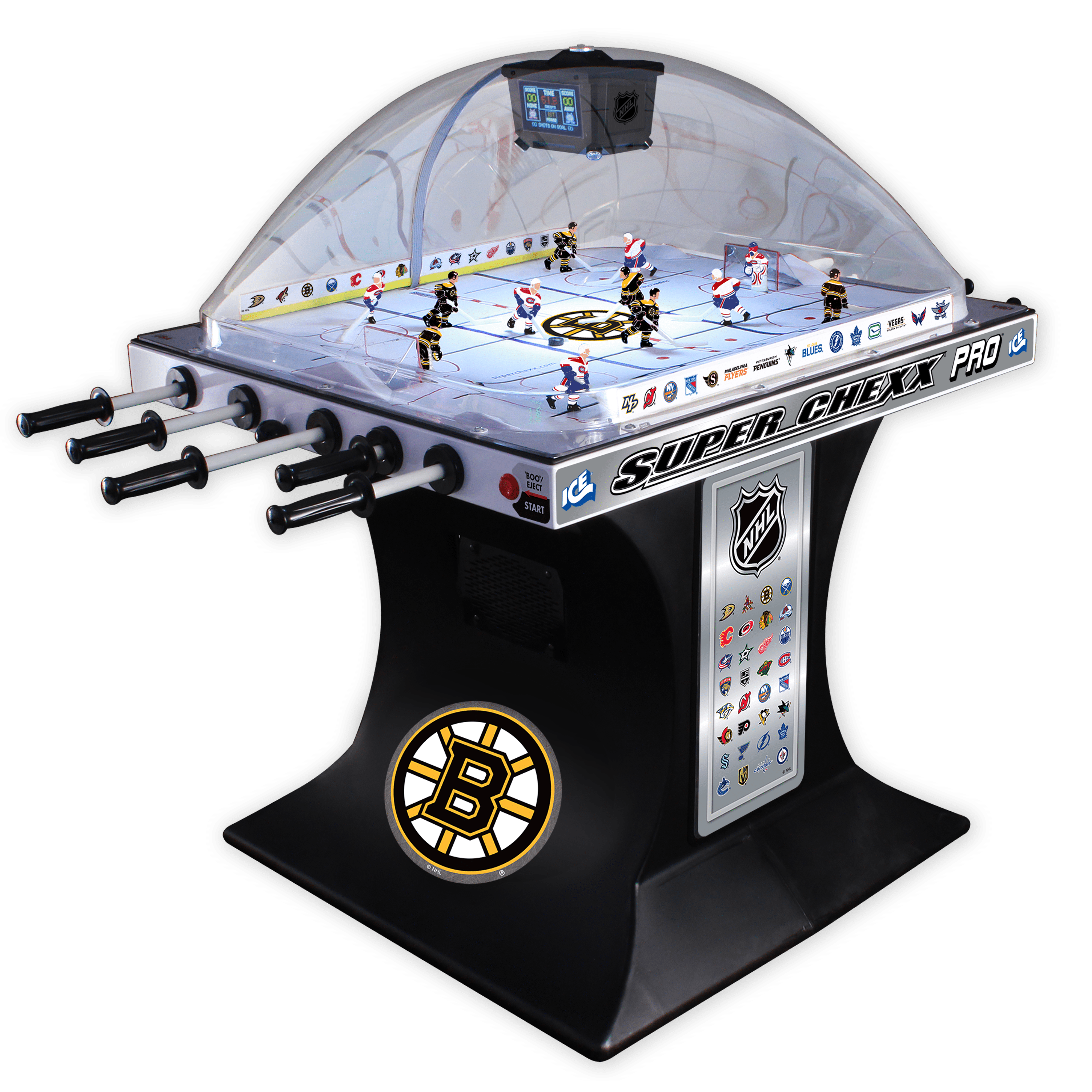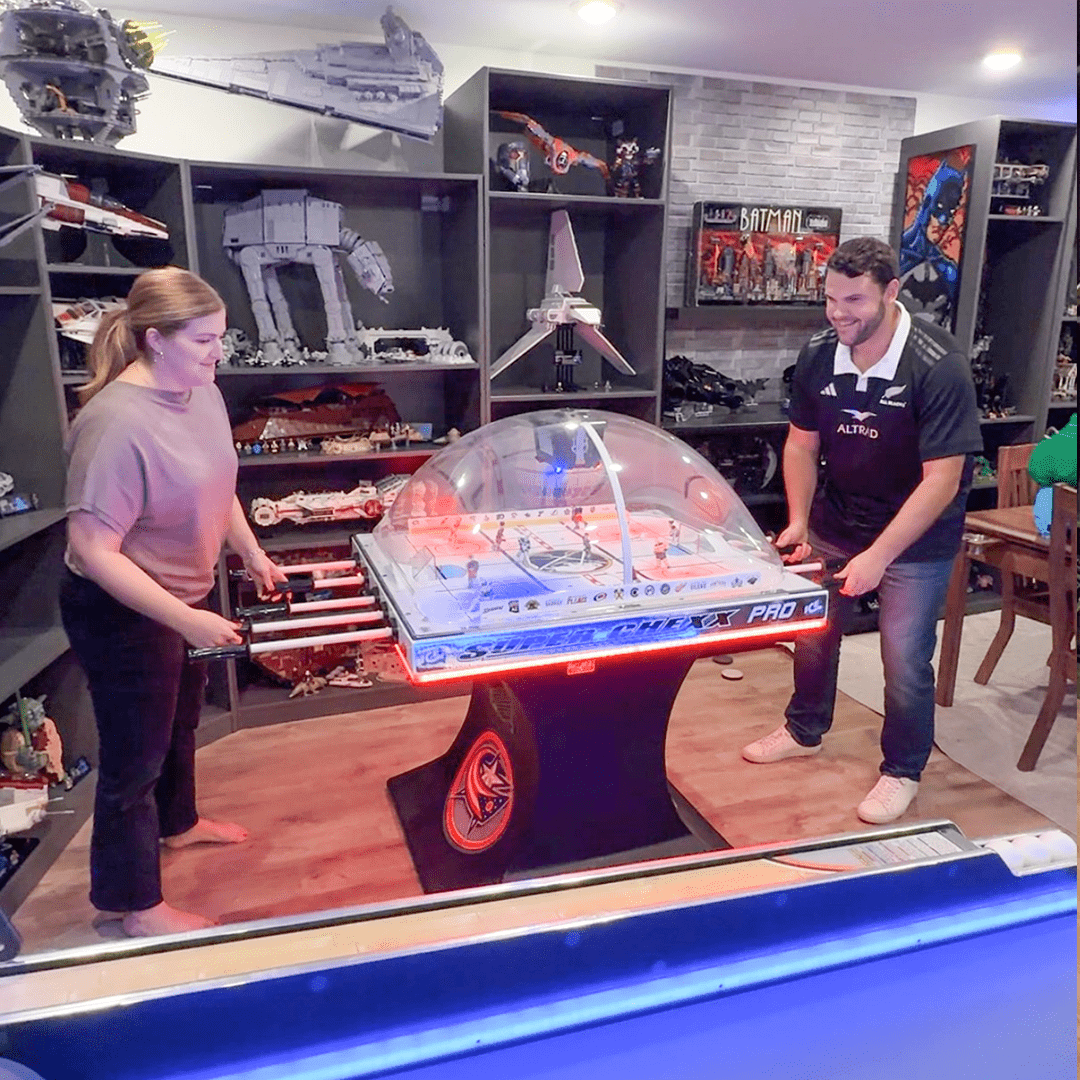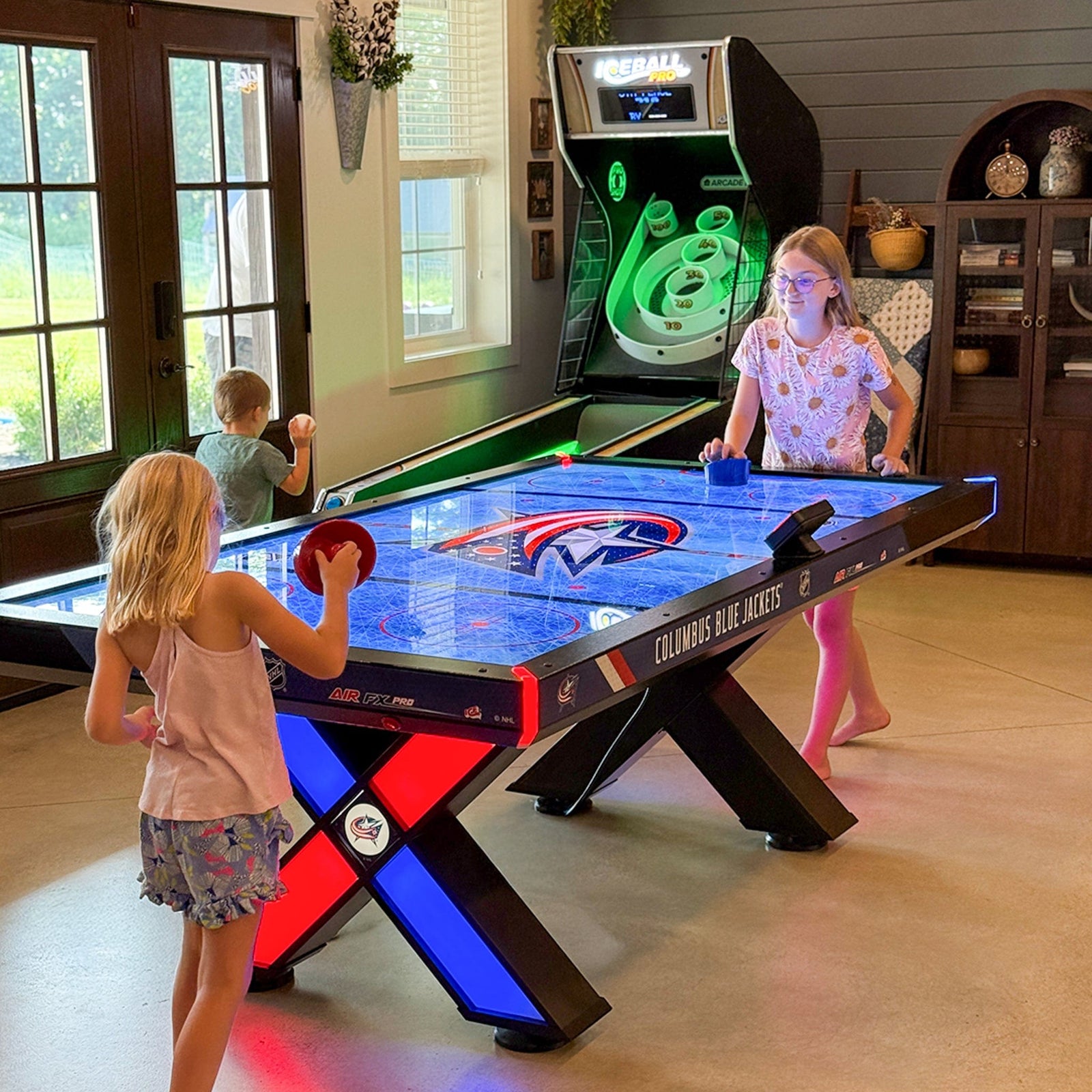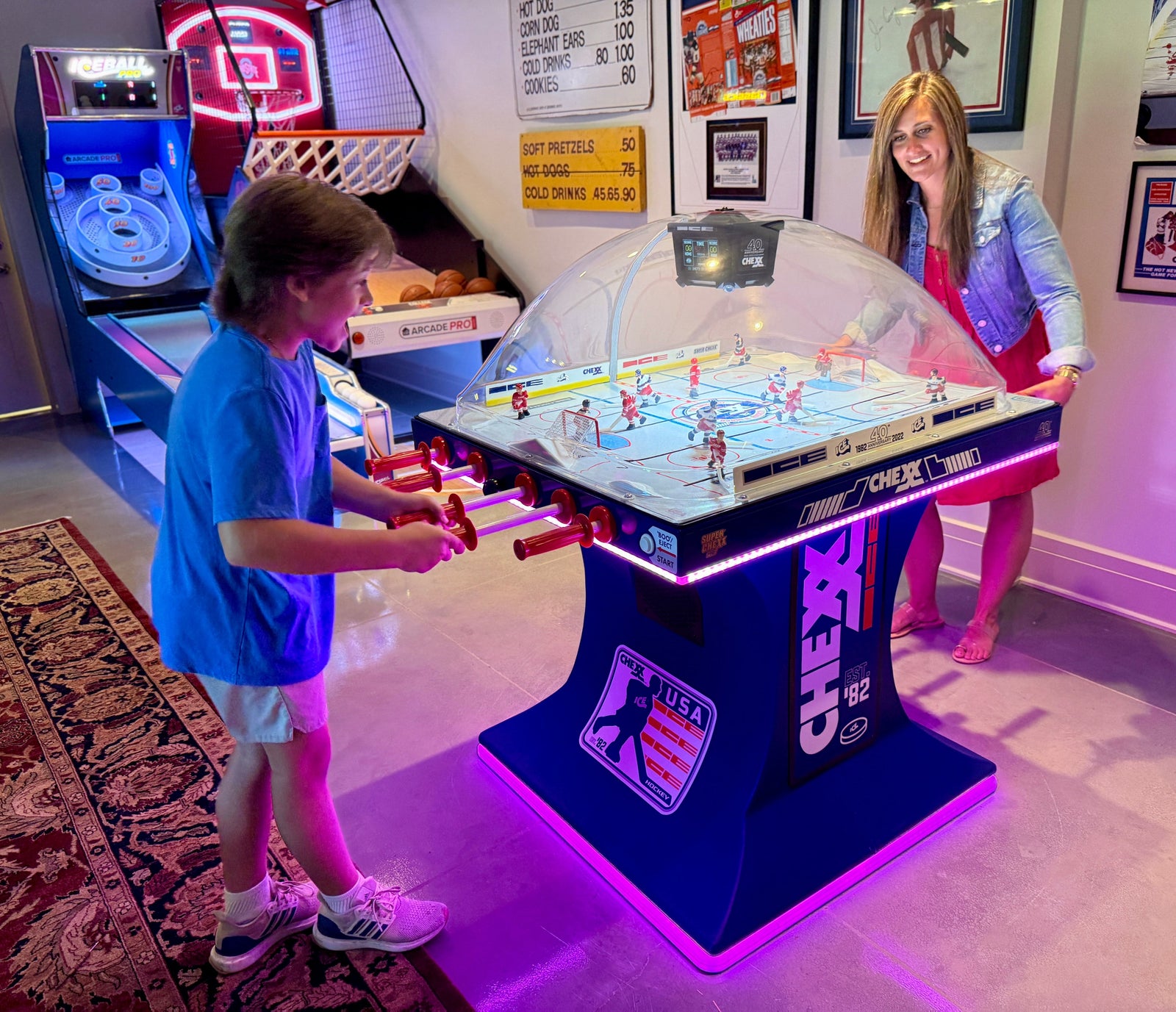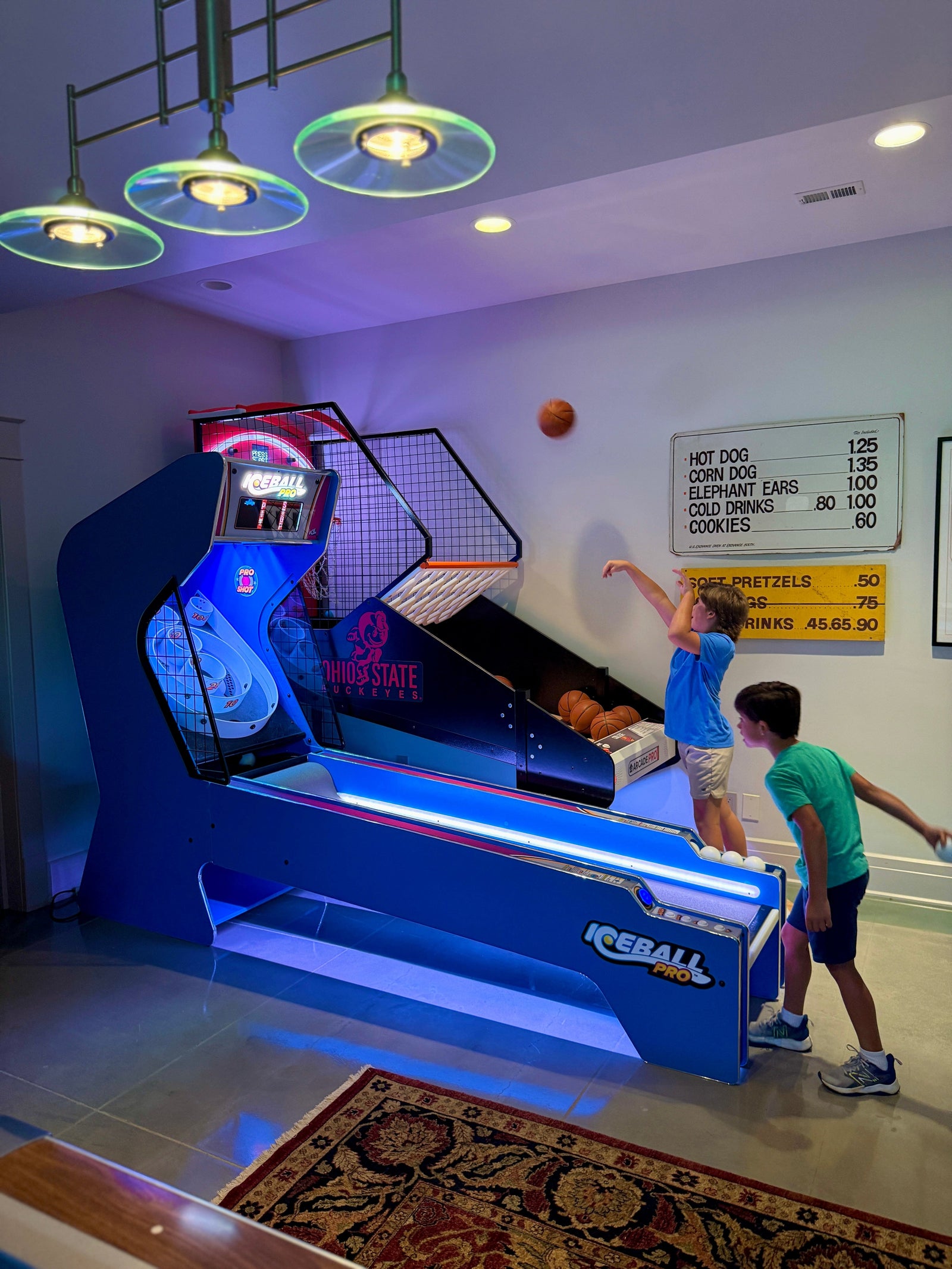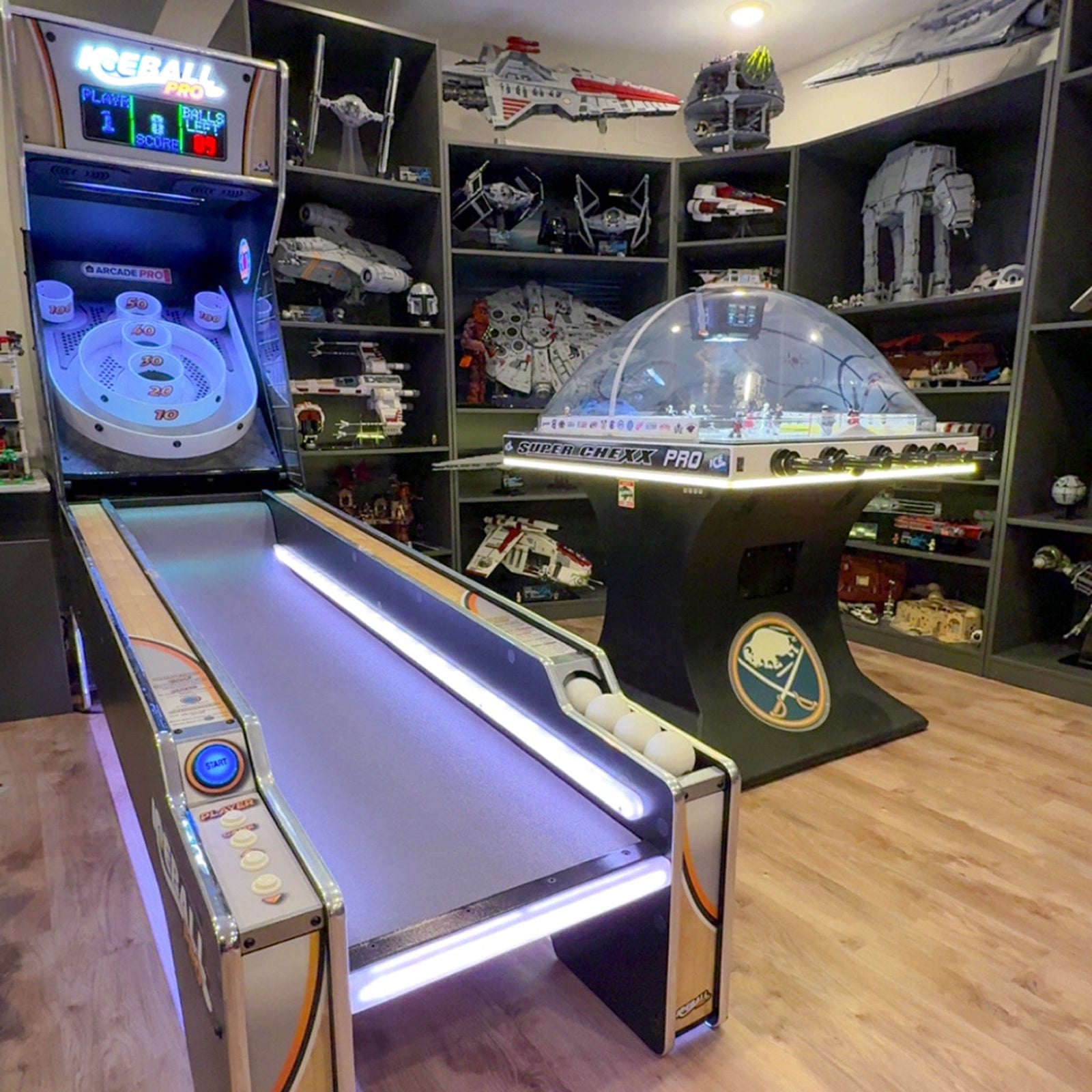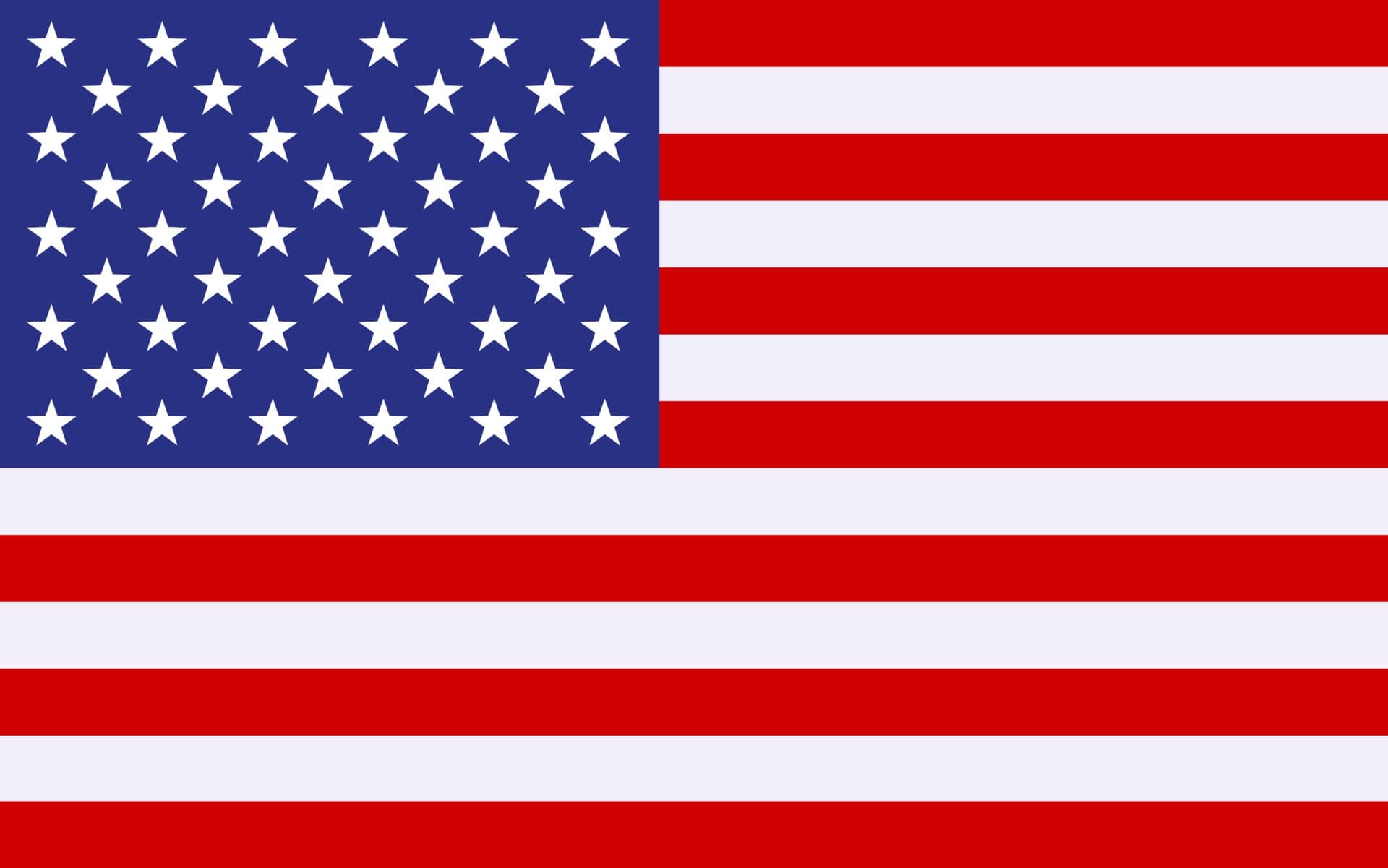Today’s guest columnist is Rick Burton of Syracuse University, co-author of Business the NHL Way.
The NHL’s annual revenues have grown from well under $1 billion in 1994-95 to more than $5.2 billion at the end of the 2021-22 season. That 5X growth is notable, but perhaps more impressive is how the average NHL franchise value has reached $1B. That’s far behind the NFL ($4.1), NBA ($2.6B) and MLB ($2.3B), but isn’t too shabby for a league with seven teams in Canada, where the population is roughly one-tenth of the total in the U.S .
Think of it. Each NHL team is now worth approximately what the league generated in total 30 years ago. In fact, two teams, the Toronto Maple Leafs and New York Rangers, have crested the $2 billion mark. And when the pending sales of the Ottawa Senators and Nashville Predators are completed and approved, those numbers will rise again.
That’s one reason the NHL and its minor leagues can offer insight on leadership, crisis management (COVID-19), marketing, branding, creativity, innovation, inclusion, conflict management, talent identification, trend spotting and race/identity challenges that can benefit any business (large or small).
Creative examples? Best hockey line names: The Philadelphia Flyers’ Legion of Doom (Lindros, LeClaire and Renberg) or Buffalo’s French Connection (Perreault, Martin and Robert). Why think about hockey lines? Because they teach us something about pairing employees who work well together.
Best name for a minor league hockey team? How about the Jacksonville Lizard Kings, Amarillo Gorillas or Louisiana Ice Gators? Why do these outlandish names resonate? Because in the minor leagues, where there are no stars, the corporate brand must stand out amid numerous competitors.
Great expansion efforts? There’s plenty to learn from the NHL going into Las Vegas (the first of the big four) then having the Golden Knights (with an expansion team roster) reach the Stanley Cup in their first year. And, while outplayed on the ice in their first year, the Seattle Kraken, the NHL’s 32nd team, have been a model of marketing excellence and notable for their commitment to diversity.
Toys in the office? How about placing a Super Chexx bubble hockey game in the corner for after-hours socializing? Or recognizing that younger employees like playing video games such as EA’s NHL 22 (or soon enough, 23). This much seems true: Millennials believe they should enjoy their jobs and, as Simon Sinek dryly noted, receive unlimited access to bean bag chairs, free food and a sense of purpose.
If that’s the case, we might as well stage evening nok hockey tournaments between accounting and sales. Or buy one of those old Atari Wayne Gretzky 3D Hockey games on eBay.
Want to talk rule changes to enhance a business or product? There was a time when NHL goalies couldn’t drop to the ice. More recently, the NHL has gone from 4-on-4 in overtime to 3-on-3. That’s before they get to a shootout. The point here is recognizing that great brands learn to modify their rules or corporate culture to keep pace with the world around them.
Innovation? Often unloved, the glowing puck of 1996 (FoxTrax technology) was bold. So too was the development of outdoor games such as the Heritage and Winter Classics.
Want the negative? Well, let’s ask if things are always rosy in every office. They’re not, and it’s not uncommon for grudges, spats and petty sabotage to emerge when a culture starts fracturing. In the NHL, in-game fighting is still allowed, and while this traditional aspect of the game is in purposeful decline, the NHL, like every business, offers a quick means for resolving conflict.
Fists will never cut it in the cubicles (or C-suites), but then again, corporate offices and small business don’t have referees roaming the aisles and conveyor belts. Conflict is real, and smart organizations eliminate these problems before they fester into capitalistic inefficiency.
Let’s also not allow the NHL (or NFL) to duck the realities of workplace injuries like concussions. For years, both leagues struggled with this issue and, in some ways, papered over them. That willingness to hold onto old traditions is no longer acceptable and warrants OSHA-style commitments to protecting all employees.
Ultimately, the NHL has prospered in large part because commissioner Gary Bettman has sat on the icy throne of games (undoubtedly welcoming the fact “winter is coming”) for 30 years this February. That continuity, the longest in pro sports, speaks to Bettman’s diplomacy with the Board of Governors, his vision and intuition.
And yes, sometimes commissioner Bettman is booed.
But then, commissioners are not paid to find favor with the fans. They’re paid to keep the game from getting dragged into disrepute and to consistently enhance the investments of the owners taking business risks associated with staging 41 regular-season home games every season.
Commissioners are paid to keep the game going when a major (completely unexpected) pandemic races across the globe. Or providing exciting and interesting lessons on ways all of us can optimize our businesses.
Rick Burton is the David B. Falk Professor of Sport Management at Syracuse University and former commissioner of Australia’s National Basketball League. Burton is also the COO North America for Playbk Sports. His book, Business the NHL Way, (written with Norm O’Reilly) was published by the University of Toronto Press in October.
- Sportico
https://www.sportico.com/leagues/hockey/2022/business-lessons-from-nhl-1234696185/
